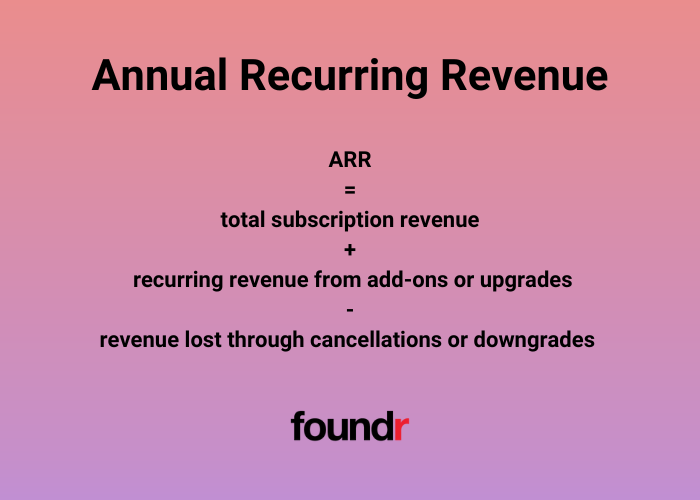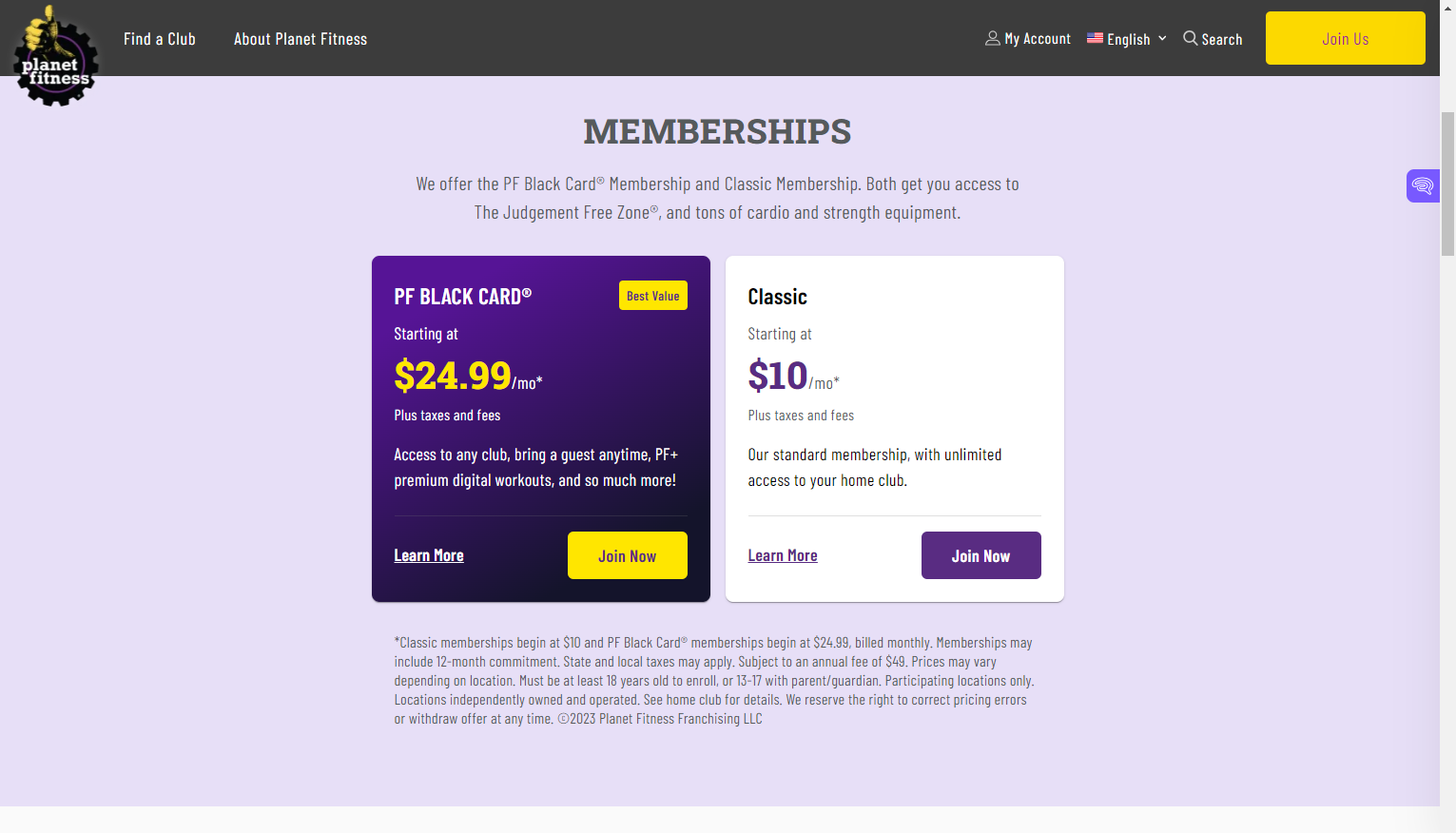
As business owners, revenue is one of our favorite words.
We all love revenue. We love seeing it go up, we love saying it, and if you’re a copywriter like me, you also love writing it (as is the case with many French words.)!
However, the best type of revenue for any business owner is annual recurring revenue (ARR), as it is consistent, simple to manage, and allows brands to scale.
Here, we will dive into the concept of ARR in greater detail to ensure you have all the information you need before setting up your next subscription business.
First Off, What is Annual Recurring Revenue?
Great question, and one we should probably cover before diving into the nitty gritty.
ARR is the yearly value of revenue generated from any subscriptions and other recurring billing cycles.
If you wanted to track year-on-year growth for your subscription businesses (and let’s be real, why wouldn’t you?), then tracking ARR is the way to do just that.
Don’t Skip: Building a Subscription Business Model – How to Stand Out in a Saturated Market
Why Understanding Your ARR is a Non-Negotiable
For starters, any business that doesn’t know or track its annual income is doomed to fail.
Okay, okay, it probably isn’t doomed to fail, but as a business that is starting out, it’s certainly a red flag.
After all, if you don’t know your ARR, how can you estimate your marketing budget, profitability, and other essential figures?
It’s Time for Math
So let’s do the math.
To calculate ARR you must account for all recurring revenues within your subscription model.
That includes any basic subscriptions, subscription cancellations, add-ons, upgrades, and so on.
The ARR formula
Fortunately, the ARR formula is a very simple one.
ARR = (total subscription revenue for the year, plus recurring revenue from any add-ons or upgrades) minus any revenue lost through cancellations or downgrades that year.
As you can see, this formula does not include any one-time options, such as purchasing a completely separate product from your brand, and instead focuses purely on your subscription model for clarity.

What you must include in your calculations
As I have alluded to, there are some specific metrics you need to include to gain a true view of your ARR:
Any upgrades or add-ons: Essentially, any changes to a subscription that increase a customer’s annual subscription cost. This could be an upgrade, such as changing to a Netflix family plan because your mom is obsessed with The Crown like mine.
Any downgrades: It should also include any times when subscriptions have been downgraded, much like when said mom decides The Crown does not paint her beloved Queen Elizabeth in a good enough light, and she announces she shall be boycotting Netflix going forward over a Sunday roast.
Customer revenue per year: The total revenue accrued each year via your subscription services.
What you shouldn’t include
The purpose of your ARR is to focus specifically on recurring revenue, which means you shouldn’t include any of the following:
One-off payments
One-off add-ons
Credit amends
Set-up fees such as joining fees at gyms
Partnership or ad revenue
Examples of ARR in Action
All that makes sense, but if you’re like me, it’s much easier to see something in action.
So, let’s do exactly that!
Let’s look at the Planet Fitness gym subscription model and see ARR in action.

As you can see from the screenshot above, they have two main subscription types.
For our example, let’s say we decide to sign up for a Classic $10 membership on January 1st.
“New year, new me” mode is well and truly activated.
However, after six months, we’ve become an absolute gym beast, and we upgrade to the PF Black Card membership at $25 (I know it’s $24.99, but math isn’t my strong suit, so we are using round numbers!).
At the end of the year, this is how you would tally up the ARR:
Total $ amount from the Classic yearly subscription:$10 x 12 months = $120
Total $ amount gained via the Black Card upgrade: + $15 (for a total of $25 per month for the remaining six months = $90
Total $ lost from cancellations (churn):$0
ARR: $210
Now let’s say I go on a complete fitness high and decide to pay for priority class booking in October, because if I don’t get onto that 6 am Monday spin class, it knocks my whole week off, and I’ll be damned if I spend another week watching Debbie steal my bike.
That’s another add-on to consider, which would be $5 for three months ($15 total).
But spin sessions are quite sweaty, and I’ve realized I’m a little short on gym gear, so I purchase a few Planet Fitness tees, just so everyone knows that I go to the gym when I wear them out and about on a Sunday.
It would be tempting to add these as additional upgrades, but they are one-off payments and should not be included in the tally.
Keep Learning: 16 Financial Concepts Every Entrepreneur Needs to Know
Test, Learn, & Optimize
When calculated correctly, ARR is a fantastic way to assess your revenue momentum and watch the business grow and become more and more profitable.
To help ensure that the rest of your business is ready to keep up with your incredible subscription mode, check out our free ecommerce masterclass.
Oh, and don’t let your mom watch The Crown. It will only end badly.








